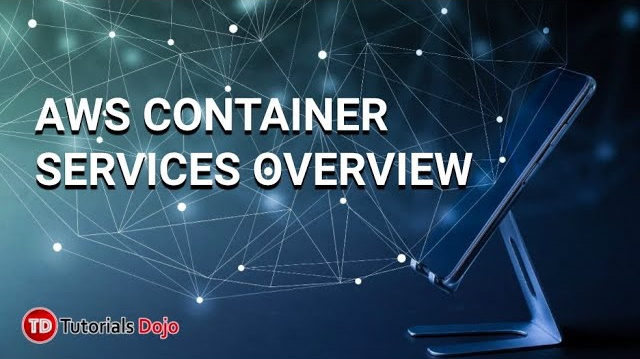If you have a job interview today for a senior developer/analyst position that pays $200K per year and you were asked this question, what will you...
If you have a job interview today for a senior developer/analyst position that pays $200K per year and you were asked this question, what will you answer? How is it different from a virtual machine and why should your company use it?
Kubernetes is now the go-to container orchestrator for most companies and that's the reason why there is a surge of people getting their Certified Kubernetes Application Developer (CKAD) and Administrator (CKA) certifications. Back in 2013 until 2017 or so, Docker was the preferred open-source containerization platform by different teams around the world. However, the fast-paced development of Kubernetes had made it the de facto standard for container orchestration today.
Azure has its own Azure Kubernetes Service (AKS) while AWS has Amazon Elastic Kubernetes Service (EKS). Of course, there's the Google Kubernetes Engine (GKE) service which is a managed, production-ready environment for running containerized applications.
Kubernetes is cloud-agnostic. This is one of the important advantages of Kubernetes against Docker. Kubernetes can run on different cloud computing platforms such as Amazon Web Services (AWS), Microsoft Azure, and the Google Cloud Platform (GCP). Since it's cloud-agnostic, you can easily migrate your Kubernetes app from AWS to Azure, GCP to AWS, or Azure to GCP easily without doing time-consuming activities.
In your own words, what is a Container? I made a short educational video about the basics of Containers and the different container services in Amazon Web Services (AWS):
#kubernetes #ckad #cka
